The 1970s gave us disco, punk, progressive rock, and some of the most enduring musical classics of all time. But nestled among the era’s undisputed masterpieces were those peculiar musical oddities that critics panned, music snobs dismissed, and radio DJs played with apologetic introductions. Yet decades later, these songs not only survive but thrive—filling dance floors, dominating karaoke nights, and earning prime spots on our guilty pleasure playlists. What strange alchemy transforms a once-derided tune into a beloved cultural touchstone? Join us as we explore fourteen 1970s songs that everybody supposedly hated but somehow can’t stop singing along to whenever they come on.
1. “Muskrat Love” – Captain & Tennille (1976)
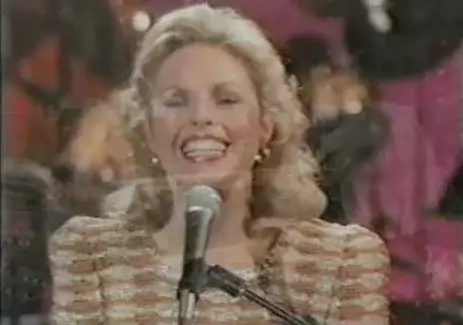
When Captain & Tennille covered this unusual ode to rodent romance in 1976, critics were baffled by its bizarre subject matter and the synthesizer sounds meant to represent muskrat courtship. The song features squeaking, squishing, and bubbling noises that attempt to recreate the sound of muskrats, well, loving each other. Music journalists of the era were merciless, with one famously calling it “possibly the worst song ever recorded by anyone, anywhere, anytime.” Musicology Blog takes music lovers on a deep dive into this earworm that’s just too catchy for its own good.
Yet something inexplicable happens when those opening notes play—people who claim to despise the song find themselves humming along to the tale of Muskrat Susie and Muskrat Sam. Its unabashed weirdness has granted it a kind of immortality that more respectable songs never achieve. The song’s earnest delivery, completely devoid of irony, makes it an artifact of a simpler time before self-awareness dominated pop culture. When we sing along today, we’re not just remembering a song but reconnecting with a cultural moment when a major record label thought, “Yes, America needs a love song about semi-aquatic rodents,” and somehow, they weren’t entirely wrong.
2. “Escape (The Piña Colada Song)” – Rupert Holmes (1979)

Rupert Holmes’ tale of a couple who unwittingly try to cheat on each other through newspaper personal ads was originally panned for its questionable relationship ethics and what critics called its “commercial jingle” quality. The song presents infidelity as a quirky misunderstanding resolved by discovering mutual interests in tropical drinks and precipitation-based activities. Music purists dismissed it as the epitome of late ’70s commercial fluff, lacking substance and promoting a cavalier attitude toward commitment. Stereogum further puts into perspective just how unique and revolutionary this catchy ditty was at the time, and to this day.
Yet today, just try to make it through the chorus without joining in—the song’s irresistible hook has outlived nearly all its contemporary critics. What once seemed like shallow yacht-rock has been recontextualized as charmingly retro, with its outdated references to newspaper personal ads feeling quaintly nostalgic in our era of dating apps. The song’s unexpected narrative twist (they’re answering each other’s ads!) provides a satisfying story structure that listeners respond to, even if they claim to hate the song itself. Our continued affection for this unlikely hit suggests that sometimes musical pleasure transcends taste—and that we secretly enjoy the song’s fantasy of escaping routine through exotic cocktails and unlikely coincidences.
3. “Afternoon Delight” – Starland Vocal Band (1976)

This Grammy-winning ode to midday intimate encounters initially raised eyebrows with its barely disguised lyrics about lunchtime rendezvous. When it dominated airwaves in 1976, many listeners complained about the saccharine four-part harmonies delivering euphemisms about “skyrockets in flight.” Music critics lambasted it as representing everything wrong with soft rock—too smooth, too commercial, and too middle-of-the-road to be respected. Weta takes a closer look at the band’s history, particularly their unique kickoff leading to this iconic hit.
Four decades later, the song has been embraced precisely for its awkward blend of wholesome vocal arrangement and not-so-subtle adult themes. Its sunny harmonies and earnest delivery create such cognitive dissonance with its suggestive content that it’s become endearing. Popular culture has repeatedly reclaimed the song through films like “Anchorman” and TV shows like “Arrested Development,” introducing it to new generations who appreciate its kitsch factor. We keep singing along because the song operates in that perfect sweet spot of musical memory—familiar enough to be comforting, yet embarrassing enough that singing along feels like a small act of rebellion against good taste.
4. “Disco Duck” – Rick Dees and His Cast of Idiots (1976)
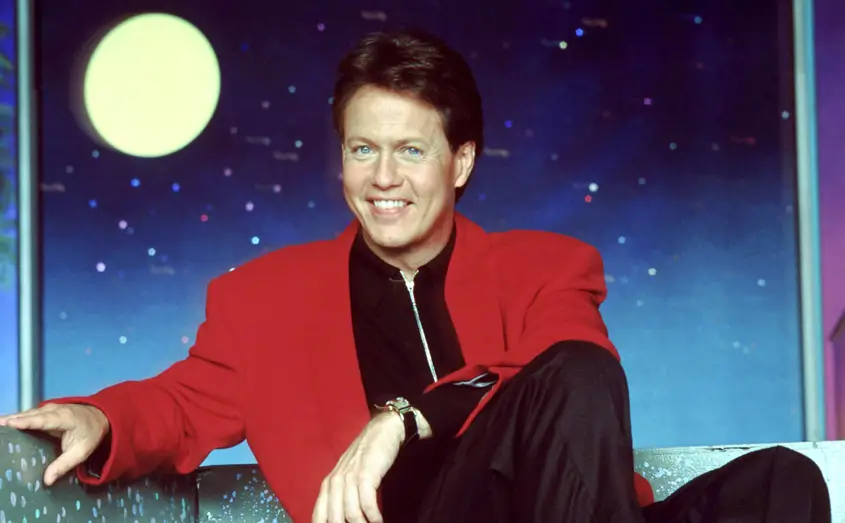
Perhaps no song better represents the “novelty hit” category than “Disco Duck,” a comedic disco number featuring DJ Rick Dees performing alongside Donald Duck-style vocals. Upon its release, music critics savaged the song as representing the worst excesses of the disco era and the lowest common denominator of musical humor. The song’s combination of a legitimately catchy disco beat with cartoonish duck sounds seemed designed to irritate anyone with serious musical tastes.
Yet this ridiculous composition sold four million copies, topped the Billboard charts, and has stubbornly refused to fade from cultural memory. Today, the song works as both a time capsule of disco-era excess and a reminder of a time when novelty songs could become genuine cultural phenomena. When DJs play it at retro parties, dance floors still fill with people who can somehow recall every squawking chorus. Perhaps we keep singing “Disco Duck” because it represents complete freedom from pretension—it’s impossible to participate while maintaining any semblance of cool, making it a shortcut to uninhibited joy. In an era of carefully curated musical identities, there’s something liberating about occasionally embracing something so deliberately, gloriously stupid.
5. “You Light Up My Life” – Debby Boone (1977)

When Debby Boone’s inspirational ballad dominated the Billboard Hot 100 for an unprecedented ten weeks in 1977, it simultaneously became one of the most commercially successful and critically reviled songs of the decade. Rock critics dismissed it as syrupy, overwrought, and painfully earnest at a time when punk and disco were pushing musical boundaries. The song’s production embodied everything the emerging new wave movement was rebelling against—lush orchestration, straightforward sentiment, and unabashed emotional sincerity.
Yet decades later, when those opening piano notes play, something happens—people who would never admit to liking the song find themselves swaying along and building up to that power-note chorus. What critics once derided as emotionally manipulative now registers as refreshingly direct in an era of ironic detachment. The song’s uncompromising emotional earnestness, once its greatest liability, has become its enduring strength. When we sing along today, we’re not just remembering the melody but embracing the universal desire to express uncomplicated emotions in an increasingly complicated world—sometimes you just need to belt out a heartfelt ballad, critics be damned.
6. “Copacabana” – Barry Manilow (1978)

Barry Manilow’s dramatic tale of showgirl Lola and her doomed love Tony packed Latin rhythms, murder, and emotional devastation into under four minutes of what critics called “middle-of-the-road fluff.” When released, serious music fans dismissed “Copacabana” as disco kitsch dressed up with melodramatic lyrics. Manilow, already pigeonholed as making music for housewives and grandmothers, found this tropical tragedy further cementing his reputation among rock critics as the antithesis of authentic musical expression.
Fast-forward to today, and just try to resist shouting “Her name was Lola!” when the chorus hits. The song’s theatrical storytelling and catchy latin-disco fusion have transformed it from maligned hit to beloved classic. “Copacabana” has outlasted its critics by leaning into exactly what made it different—its unabashed showmanship and commitment to narrative songwriting. Modern audiences appreciate what contemporary critics missed: the song’s perfect marriage of melodrama and melody, tragedy and dance beat. Our continued fondness for this mini-musical suggests that sometimes the songs that endure aren’t the coolest or most respected, but the ones that commit fully to their unique vision, however out of step with prevailing trends.
7. “Feelings” – Morris Albert (1975)
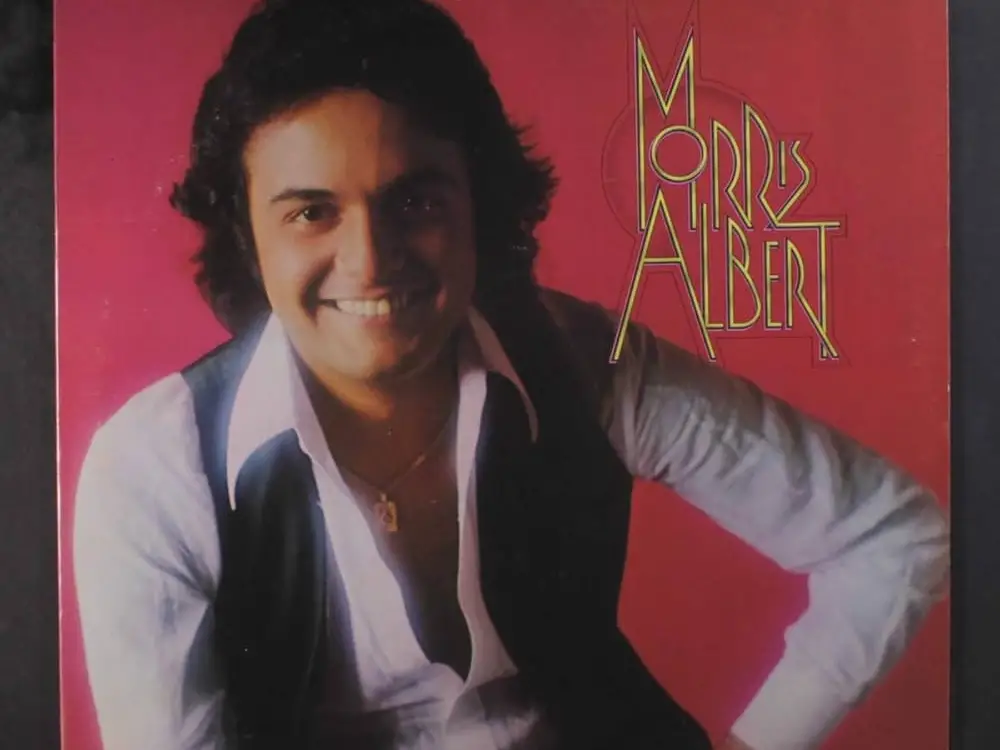
Few songs have been as universally mocked by critics while simultaneously becoming inescapable as Morris Albert’s emotional ballad about lingering sentiments for a former love. Upon its release, music journalists dismissed “Feelings” as the epitome of bland, middle-of-the-road pop—too saccharine, too simplistic, and too emotionally manipulative to be taken seriously. Its ubiquity in elevators, waiting rooms, and easy listening stations made it a prime target for anyone wanting to criticize the commercialization of music.
Yet decades later, this soft-rock staple remains instantly recognizable, with people who claim to despise it still able to sing along to every drawn-out “whoa-oh-oh.” The song has been referenced, parodied, and covered countless times, achieving the kind of cultural staying power that more critically acclaimed songs never managed. What explains our ongoing relationship with a song we supposedly hate? Perhaps “Feelings” works as a shared cultural touchstone—a song so earnest in its emotional pleading that it creates a communal experience when we collectively acknowledge its excessive sentimentality. In an age of carefully curated playlists and algorithm-driven recommendations, there’s something almost rebellious about embracing a song that represents the antithesis of cool.
8. “Sometimes When We Touch” – Dan Hill (1977)
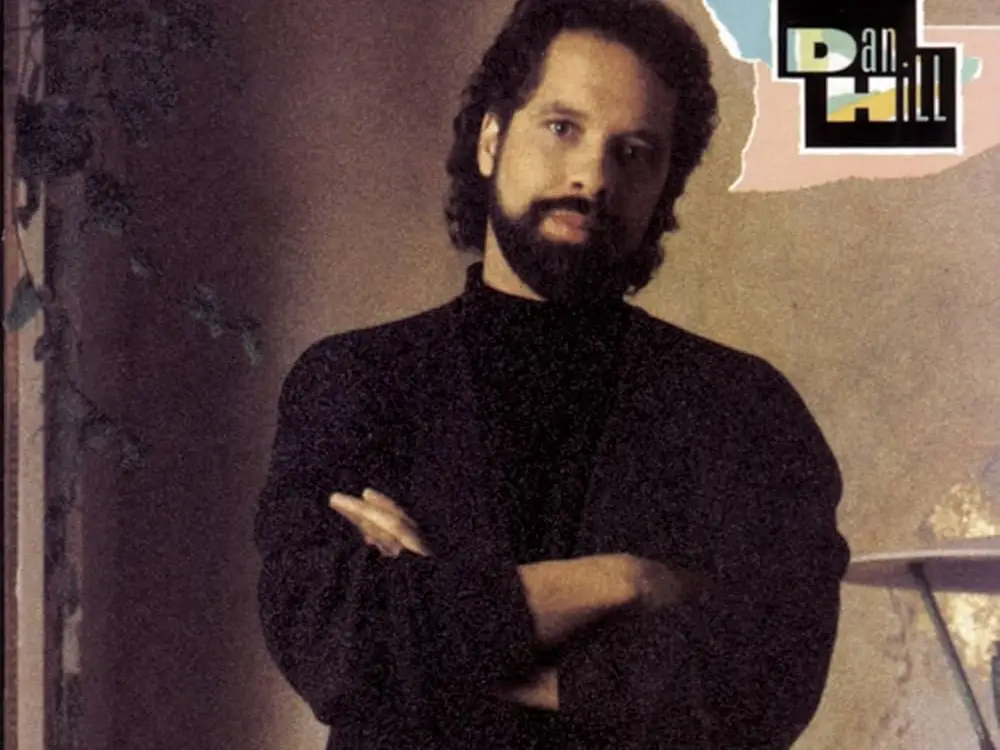
When Canadian singer-songwriter Dan Hill released this intensely emotional ballad, critics derided it as overwrought, melodramatic, and excessively confessional. Lines about honesty being “too much” and wanting to “hold you until I die” struck many listeners as crossing the line from romantic to uncomfortably intense. The song became a prime example of what punk rock was rebelling against—polished production delivering hyper-emotional lyrics with complete sincerity.
Yet something about Hill’s naked emotional vulnerability continues to resonate decades later, with the song remaining a karaoke staple and slow-dance favorite. What once seemed like excessive sentiment now feels like refreshing emotional honesty in an era where vulnerability is increasingly valued. The song’s unflinching look at the complications of intimacy—wanting closeness while being afraid of it—touches on universal relationship dynamics that never go out of style. Our continued connection to this once-mocked ballad suggests that underneath our cynical exterior, many of us secretly appreciate music that doesn’t hide behind irony when expressing difficult emotions.
9. “You’re Having My Baby” – Paul Anka (1974)
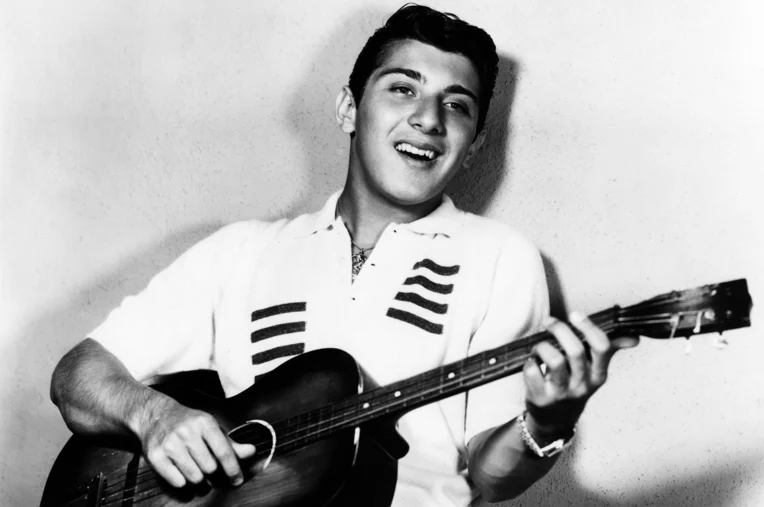
Paul Anka’s celebration of impending fatherhood was immediately controversial upon its release, with critics and women’s groups objecting to its possessive title and lyrics that seemed to reduce women to vessels for procreation. The song was named “the worst song of all time” by various publications and became a punching bag for critics of saccharine, anti-feminist pop. Its dated sentiments about gender roles made it seem destined for permanent cultural exile.
Yet somehow, this soft-rock ode to pregnancy keeps reappearing in pop culture—through movie soundtracks, TV show references, and ironic covers. The song’s straightforward melody and unsubtle chorus make it instantly recognizable and unfortunately catchy. What once seemed merely offensive now feels like a fascinating time capsule of changing gender politics and relationship expectations. When we sing along today (often with lyrics playfully updated to address its more problematic elements), we’re engaging with cultural history in real-time—acknowledging how far social attitudes have evolved while still connecting with the underlying emotion of excitement about bringing new life into the world.
10. “Seasons in the Sun” – Terry Jacks (1974)
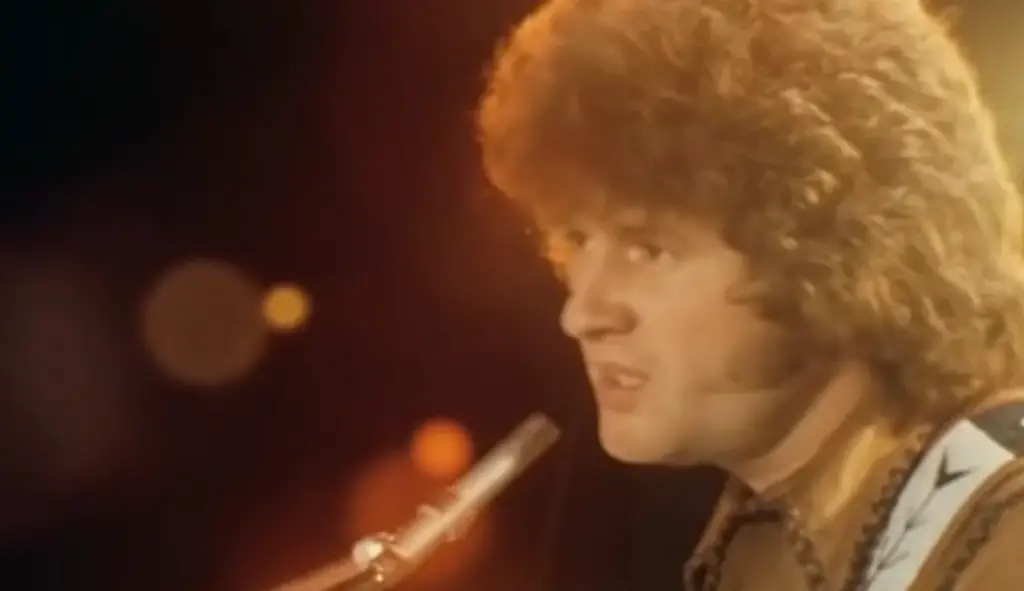
This melancholy farewell from a dying man to his loved ones became one of the decade’s biggest hits despite critics dismissing it as emotional manipulation masquerading as pop music. The song’s maudlin lyrics about saying goodbye to family members and childhood friends struck many reviewers as exploiting listeners’ emotions through cheap sentimentality. Its massive commercial success during an era of musical innovation only intensified the critical backlash.
Despite the criticism, “Seasons in the Sun” has maintained an unusual cultural resilience, with its instantly recognizable melody triggering nostalgic emotions even among listeners who claim to dislike it. The song’s unfiltered approach to mortality—rare in pop music—touches on universal fears and relationships that transcend the track’s dated production. What critics saw as manipulative, many listeners experience as cathartic—an opportunity to process difficult emotions about loss through a shared musical experience. Our continued connection to this bittersweet ballad suggests that sometimes the songs that endure aren’t the coolest or most sophisticated, but those that give voice to feelings we struggle to express.
11. “Billy, Don’t Be a Hero” – Bo Donaldson and The Heywoods (1974)
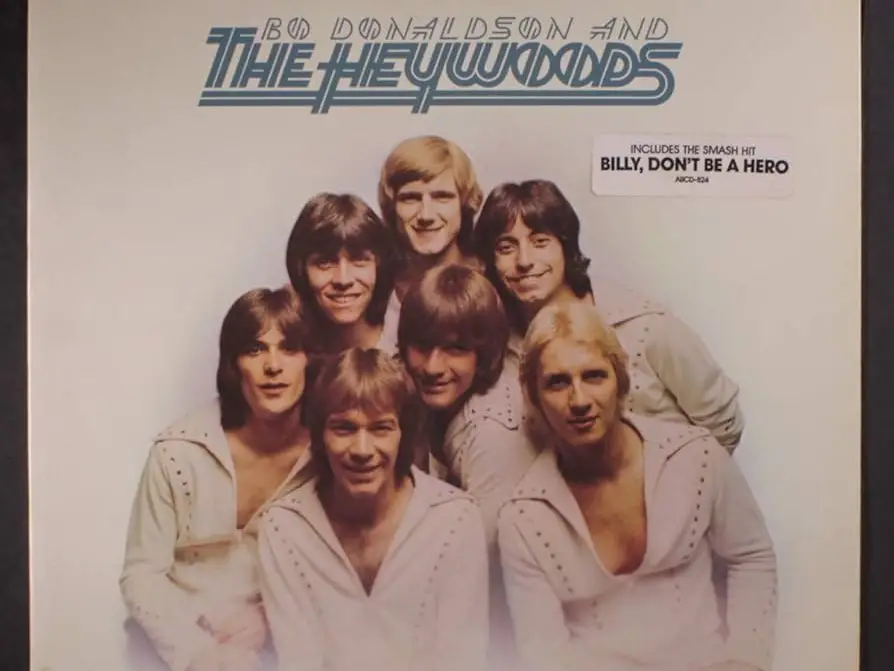
This anti-war narrative about a young soldier who ignores his fiancée’s pleas and dies heroically in battle dominated airwaves in 1974, earning commercial success while critics dismissed it as exploitative schlock. The song’s melodramatic storytelling and bouncy arrangement seemed tonally inconsistent with its tragic war story, drawing criticism for trivializing serious themes. Many music journalists viewed it as capitalizing on anti-war sentiment without offering meaningful commentary.
Decades later, the song’s unusual combination of upbeat melody and downbeat storyline has granted it lasting recognition, with people who claim to hate it still able to sing the chorus verbatim. The narrative structure—telling a complete story with a surprising twist ending—helps it stick in memory in ways that more conventional love songs don’t. What critics once saw as emotional manipulation, later generations appreciate as an accessible entry point to discuss war’s human cost. Our continued fascination with this unlikely hit speaks to our enduring appetite for musical storytelling, even when the package it comes in seems designed to irritate serious music fans.
12. “Convoy” – C.W. McCall (1975)
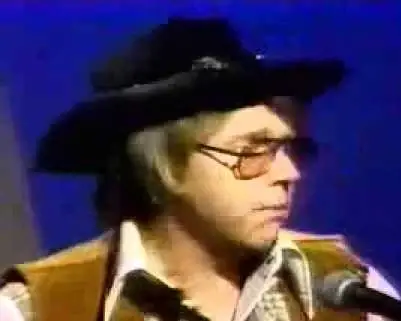
This novelty country hit about rebellious truckers using CB radio to organize a massive highway convoy was initially dismissed by critics as a gimmicky cash-in on the short-lived CB radio craze. Music journalists were particularly harsh about the spoken-word verses delivered in exaggerated trucker slang, with terminology that was already becoming dated by the time the song peaked on charts. The song’s celebration of outlaw truckers flouting speed limits and dodging “Smokeys” seemed destined for quick cultural obsolescence once the CB radio fad passed.
Yet something about this unlikely narrative of rubber-duck-leading, bear-dodging highway rebellion continues to resonate decades later, with people who’ve never touched a CB mic somehow knowing exactly when to shout “That’s a big 10-4!” The song’s surprisingly effective storytelling creates a mini-movie in listeners’ minds, complete with heroes, villains, and a satisfying conclusion. What critics missed was how “Convoy” tapped into America’s enduring fascination with freedom on the open road and resistance to authority. Our continued affection for this CB-slinging saga suggests that novelty hits can transcend their era when they capture something authentic about American identity—even when wrapped in a package of dated slang and trucker mythology.
13. “Torn Between Two Lovers” – Mary MacGregor (1976)
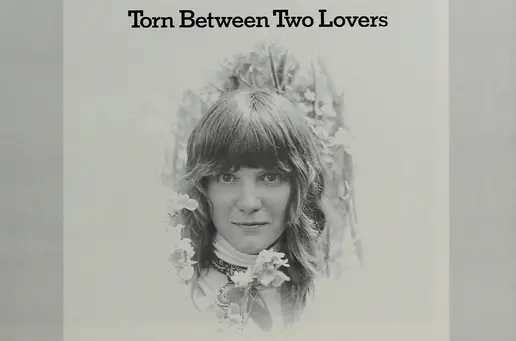
Mary MacGregor’s confession of loving two men simultaneously raised eyebrows with lyrics that seemed to justify emotional infidelity. Critics panned it as morally questionable soft rock with an ethical framework that boiled down to “sorry not sorry” for loving two people at once. The song’s gentle acoustic arrangement and MacGregor’s sweet delivery created an uncomfortable contrast with lyrics that many listeners found difficult to sympathize with, regardless of their views on monogamy.
Despite the controversy, the song topped charts worldwide and has maintained remarkable cultural staying power for a ballad once dismissed as easy-listening fluff. Its emotional complexity—acknowledging the pain caused by divided affections while refusing to deny genuine feelings—touches on relationship complications that remain relevant across decades. When we sing along today, we’re engaging with the messy reality that human emotions don’t always follow socially accepted rules. The song’s lasting appeal suggests that listeners appreciate music that explores moral gray areas and complicated emotions, even when presented in a soft-rock package that serious music fans were supposed to reject.
14. “I Am Woman” – Helen Reddy (1972)
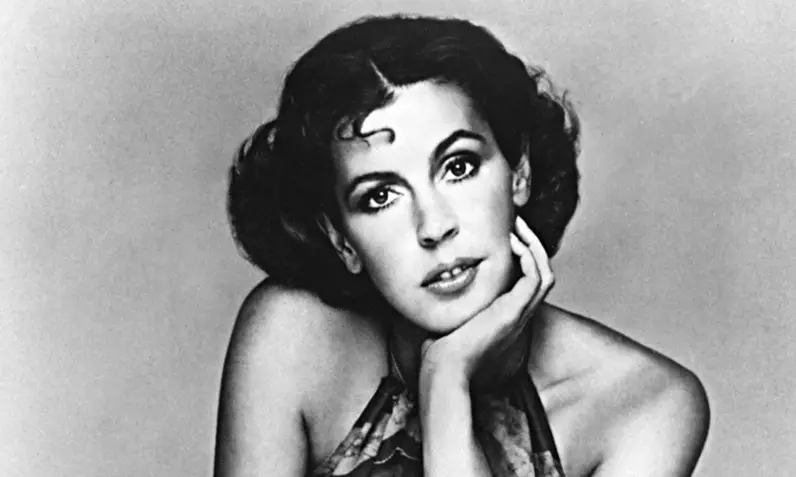
While “I Am Woman” eventually became recognized as a feminist anthem, its initial release met surprising resistance from male critics who dismissed it as strident propaganda rather than legitimate music. The song’s unabashed proclamation of female strength and resilience struck some reviewers as too direct and political for mainstream pop. Even as it climbed the charts, gatekeepers of musical taste predicted it would be quickly forgotten once the women’s liberation “trend” passed.
Five decades later, the song not only endures but continues to gain new audiences through movie soundtracks, commercials, and political campaigns. What critics once derided as too message-driven has been embraced precisely for its straightforward empowerment and memorable chorus. The song’s continued resonance across generations demonstrates how a straightforward message paired with a catchy melody can outshine more sophisticated compositions in long-term cultural impact. Our ongoing connection to this anthem suggests that sometimes what music needs isn’t clever production or lyrical subtlety, but the courage to say something meaningful directly and without apology.
The songs we love to hate (and hate to love) from the 1970s reveal something fascinating about music’s relationship to memory, emotion, and cultural identity. These tracks that critics dismissed and taste-makers mocked have outlasted countless “superior” compositions precisely because they bypass our critical faculties and connect directly with our emotions—whether through unabashed sentimentality, narrative storytelling, or sheer novelty. Their uncool status becomes part of their appeal, freeing us from the pressure of musical sophistication and allowing us to connect with simpler pleasures. Perhaps these guilty pleasure anthems endure because they remind us of a time when we experienced music more innocently, before we learned which songs we were “supposed” to like. In their unashamed embrace of emotions, storytelling, and occasional absurdity, these 1970s oddities continue to provide something that critically acclaimed masterpieces sometimes don’t—permission to simply enjoy music without worrying whether that enjoyment is sophisticated enough.


